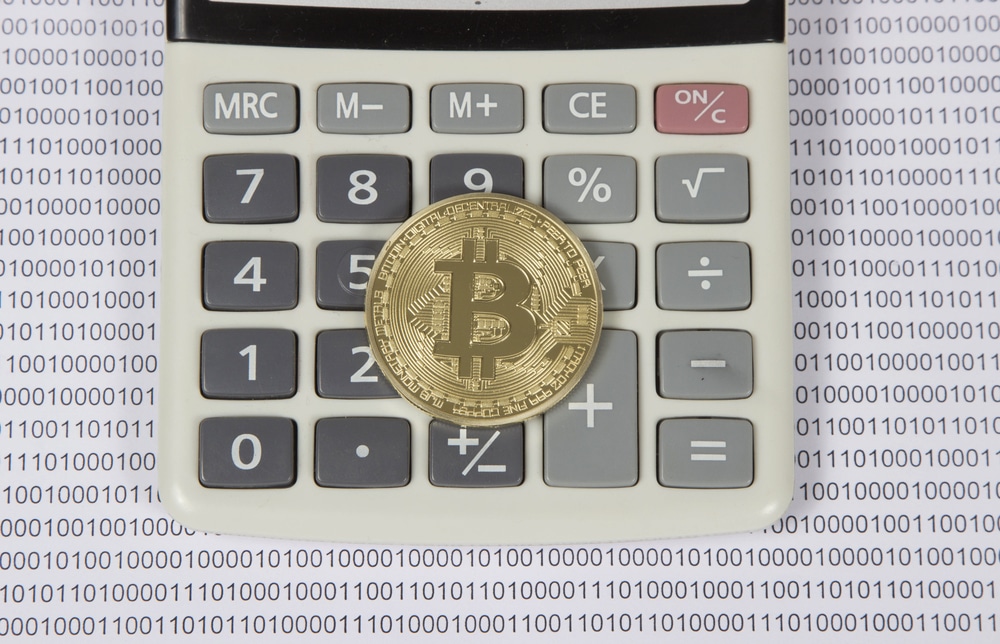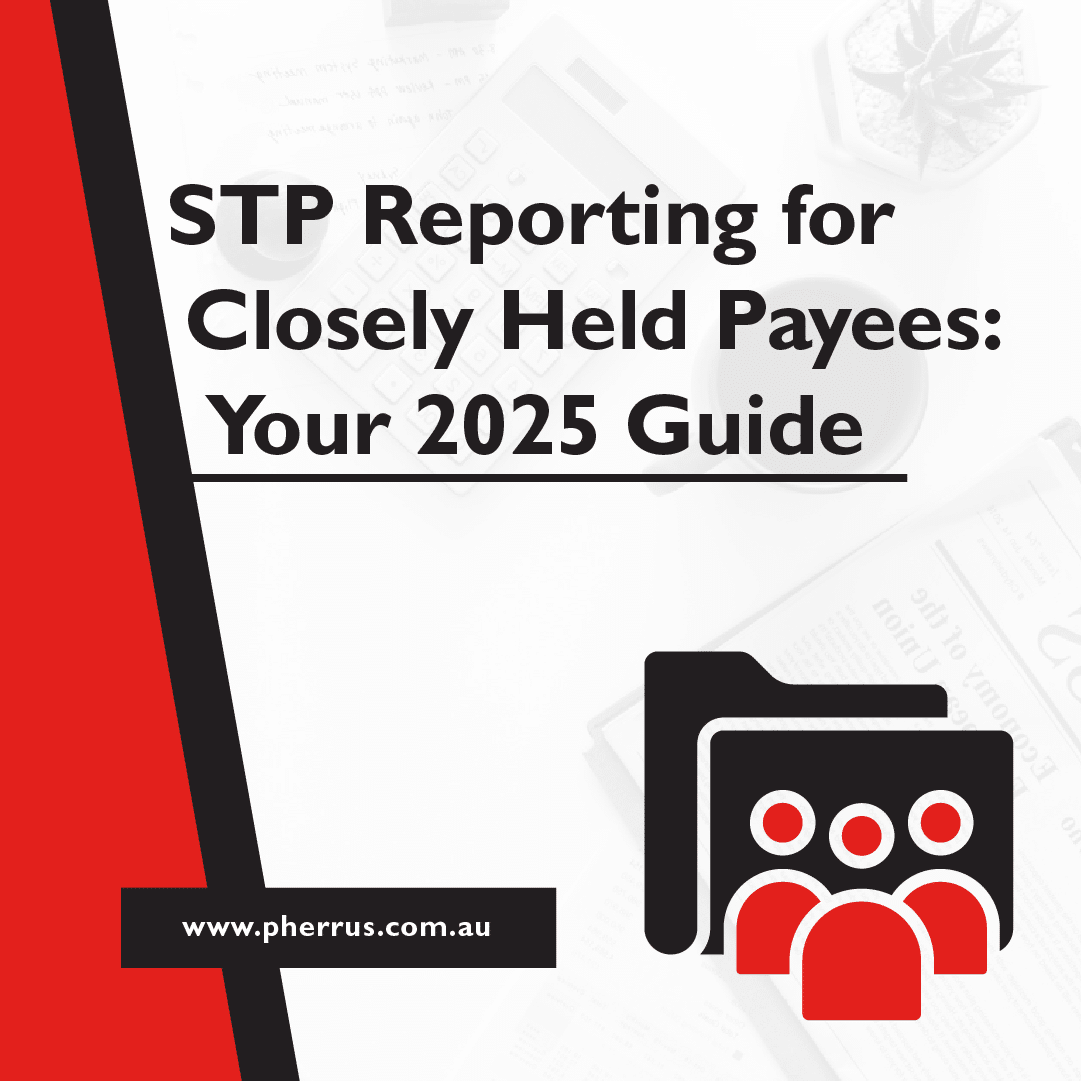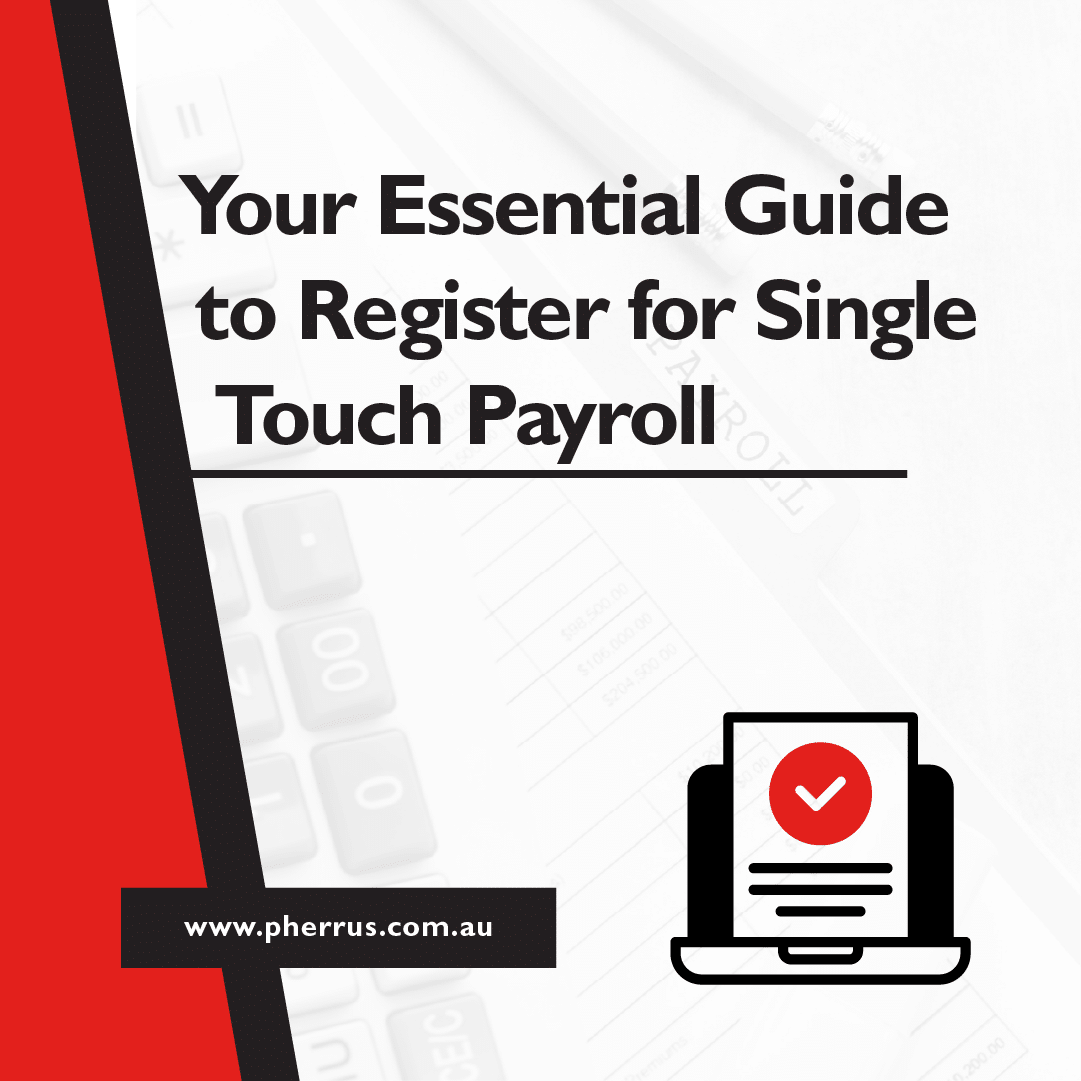If you have invested in Bitcoin or other cryptocurrencies, you need to stay ahead of some changes which are coming from the Australian Tax Office. The ATO is keen to crack down on cryptocurrencies to ensure that investors are paying taxes on their earnings.
New crackdown initiative
The ATO has a number of different ways to ensure that the right tax is paid on all cryptocurrency investments, so there’s very little chance of anyone avoiding their tax payments. They can use data matching and 100-point identification checks, as well as bilateral tax treaties which allow them to look at transactions in the crypto markets.
While the Blockchain technology has so far provided anonymity to buyers and sellers, the ATO is eager to stress that this is no longer the case. In fact, anonymity is starting to be a thing of the past as the government moves in on tax evaders to ensure everything is being paid correctly. There have also been some changes to the way that Bitcoin and its ilk are taxed, just to muddy the waters even more for investors who are not quite tax-savvy.
Changes to taxation
There have been a number of changes and clarifications made regarding cryptocurrencies and how they are taxed. They include the following :
- Crypto exchanges were previously double-taxed (when bought and when used in an exchange); they will now be treated as money only and taxed just once, backdated to July 1st, 2017
- Cryptocurrencies are now considered to be property rather than money, which means capital gains tax applies
- Buying goods and services with Bitcoin is not subject to GST or income tax so long as it comes to less than $1,000
- A business can potentially be charged GST on goods and services bought with Bitcoin after an investigation
How to proceed
If you have made gains on your Bitcoin, Ethereum, Litecoin, or other cryptocurrencies in this tax year, you may wish to speak to a financial advisor. The situation is still somewhat tangled if you do not have experience dealing with complex taxes. However, misunderstanding the tax rules is not an excuse for failing to pay your dues, and could land you in hot water with the ATO.
There is also a strong likelihood that rules and regulations will change as time goes on – the ATO itself admits that the tax situation is still under review. Remember to keep a clear record of your Bitcoin transactions, including details such as the date of the purchase, the amount of Australian dollars involved in the transaction (which you can work out via currency exchange sites if needed), what was purchased, and the identity of the other party – which may simply be their Bitcoin address.
This record will help you or your tax advisory firm, such as Pherrus, to file your taxes more accurately, both now and in the future.
These changes are sure to cause some concern in the crypto markets. Investors will need to be careful on the records they keep and the taxes they pay, as the ATO will be paying careful attention. This is not a time to try to cheat the system – anyone who fails to pay their taxes in full is likely to be dealt with harshly, particularly during this deliberate crackdown.




